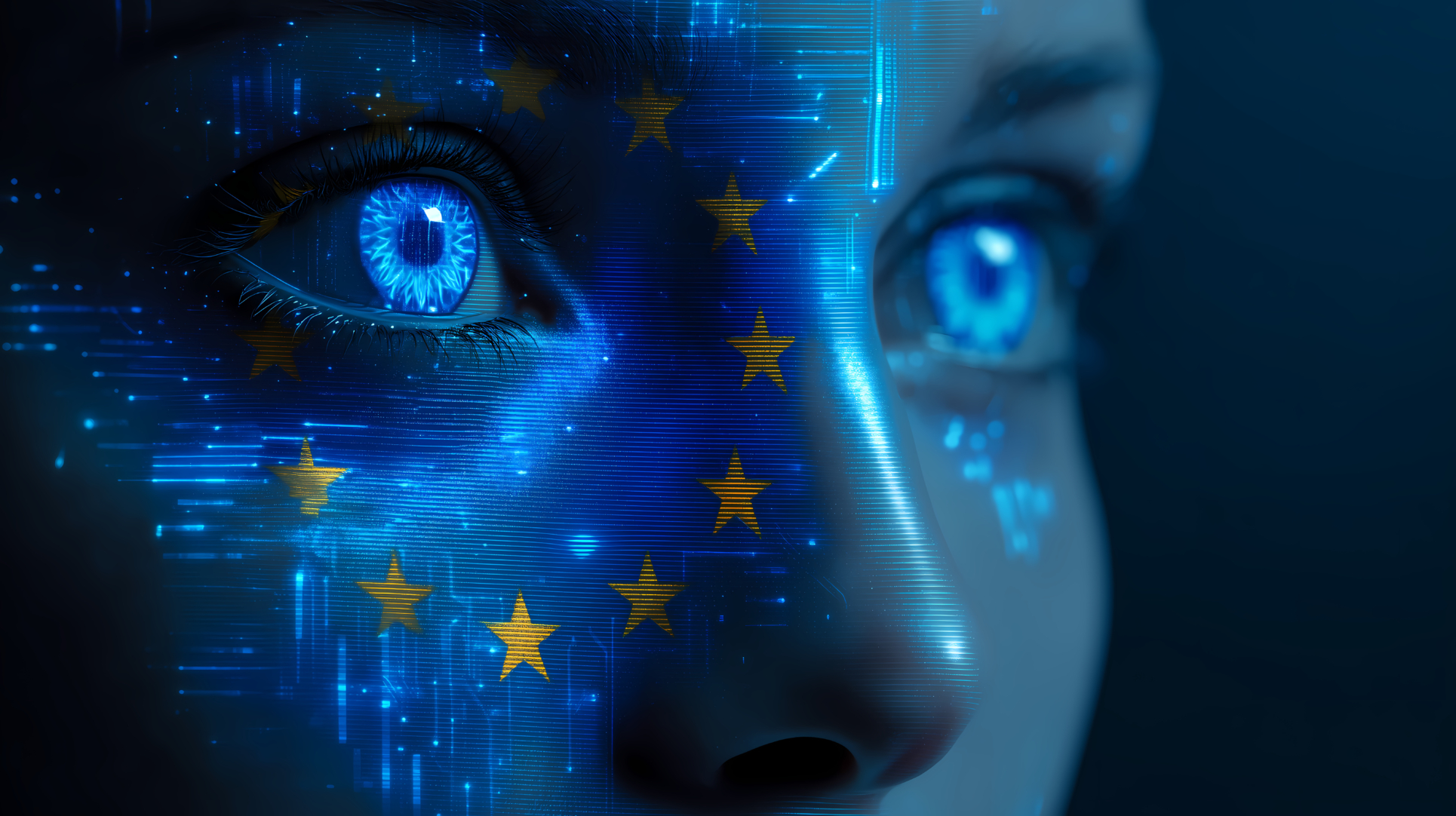
A controversial bill from Brussels almost led to large-scale surveillance of private communications in Europe. The so-called Chat Control law forced providers such as WhatsApp and Signal to scan users’ personal messages for illegal content. Only through resistance from Germany was the law ultimately stopped.
Few countries oppose permanent control
The vote in the European Union shows how vulnerable privacy protection has become. Only nine countries voted against, while twelve were in favor. Six Member States abstained. This made it painfully clear that support for digital rights is crumbling.
Privacy organizations sounded the alarm: Chat Control would amount to permanent monitoring of citizens, comparable to tapping telephone conversations without permission. Experts warned that this goes to the heart of what makes a democratic society safe.
Where is the line between safety and control?
Europe has long been known for its strict privacy legislation, such as the GDPR. But the balance seems to be shifting. Privacy is increasingly seen as an obstacle to security. Mass surveillance is presented as a necessary means to combat crime.
That thought is risky. An Amnesty International report on Pakistan shows how supervision goes off the rails. Government services were given real-time access to all internet traffic. No judicial review, no transparency. The result: citizens not only lose their privacy, but also their trust in government and technology.
Web3 and decentralization as the answer?
New technologies such as Web3 and blockchain promise more autonomy for users. In theory, they give people control over their data again. But in practice, much infrastructure remains centralized. Web3 also still rests on nodes managed by companies.
True digital freedom requires more than technological innovation. It requires a fundamental choice for systems without central power. Only then can citizens truly communicate freely, without fear of someone reading along.
Privacy is not a luxury – it is essential
Privacy not only protects against abuse, but also forms the basis for trust and innovation. Technologies such as end-to-end encryption and zero-knowledge proofs make it possible to combine security and privacy.
Yet these solutions are not always supported. Developers of privacy tools, such as Tornado Cash, face restrictions or prosecution. This stems from the misunderstanding that anonymity equals crime.
Europe must choose
If Europe takes freedom and democracy seriously, it is time for a change of course. Not more control, but more responsibility. That means protecting strong encryption, encouraging privacy-oriented innovation and decentralizing digital power.
The Chat Control discussion shows how thin the line is. What seems like an exception today may become the norm tomorrow. Only by actively choosing openness, autonomy and human rights will the internet remain a place of freedom – not of fear.
Source: https://newsbit.nl/europa-op-de-rand-van-digitale-massasurveillance-waarom-privacy-belangrijker-is-dan-ooit/

